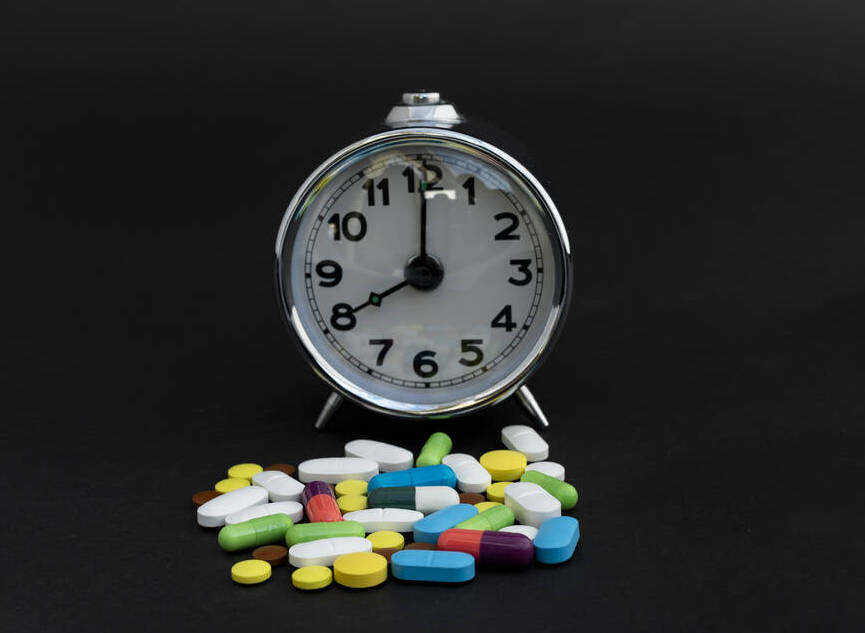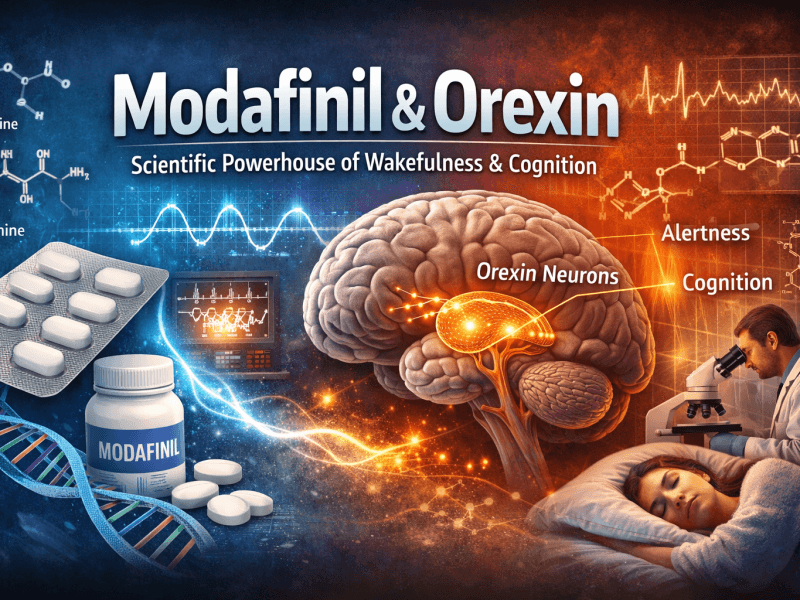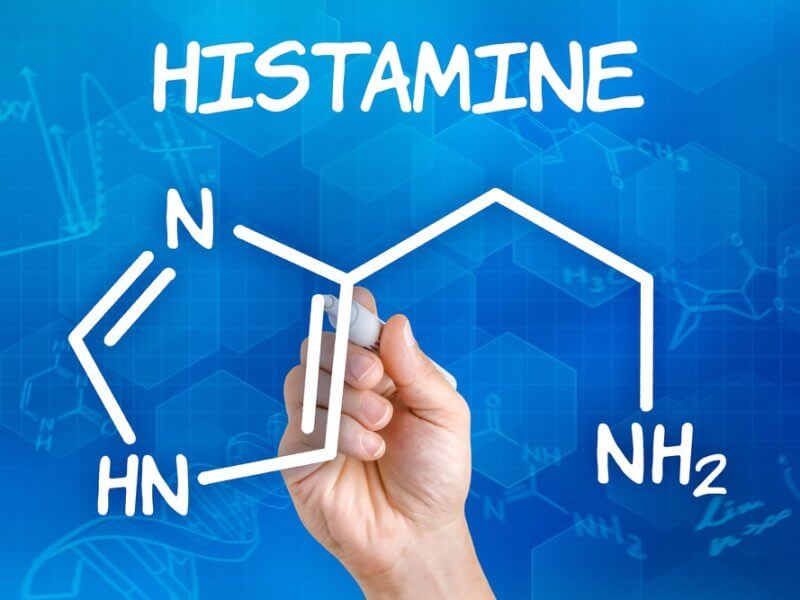Last Updated on 03/02/2026 by James Anderson
Modafinil primary advantage as a wakefulness-promoting agent is its exceptionally long duration of action, which sets it apart from traditional stimulants. However, the question “How long does it last?” doesn’t have a single answer, as the experience involves a nuanced interplay between its pharmacokinetic half-life and the user’s subjective effects. As a specialist in neuropharmacology and cognitive enhancement, I will guide you through a detailed, multi-phase breakdown of modafinil’s timeline, the critical factors influencing it, and actionable strategies for optimizing its use based on your goals.
1: The Core Pharmacokinetics: What “Last” Really Means
Understanding the distinction between half-life, functional duration, and complete elimination is crucial for setting realistic expectations and safe timing.
- Half-Life (12-15 Hours): This is the single most important scientific metric. The half-life is the time it takes for the drug’s plasma concentration to be reduced by 50%. For modafinil, this range of 12-15 hours is remarkably long. It means that if you take 200mg at 8 AM, you will still have approximately 100mg active in your bloodstream at 8-11 PM. This extended half-life is the reason behind its all-day effects but also the primary cause of potential insomnia if dosed too late.
- Subjective Effect Duration (10-15 Hours): For most users, the pronounced feeling of alertness, improved focus, and cognitive enhancement typically lasts between 10 to 15 hours from ingestion. It’s vital to understand that these effects do not remain at peak intensity throughout this entire period.
- Time to Complete Elimination (2-4 Days): To completely clear a single 200mg dose from your system takes about 4-5 half-lives. In practical terms, this means trace amounts may be detectable for 2 to 4 days after your last dose, which is relevant for drug testing considerations.
2: The Detailed Timeline of Effects: A Phase-by-Phase Breakdown
The modafinil experience is not a flat line; it’s a curve with distinct phases. Here is what you can realistically expect from a standard 200mg dose taken in the morning on an empty stomach:
| Phase | Time After Ingestion | Key Characteristics & User Experience |
|---|---|---|
| 1. Onset & Ascent | 30 – 90 minutes | Gradual dissolution and absorption. You may begin to feel a subtle shift a lifting of mental fog, increased motivation to start tasks, and a decrease in perceived fatigue. This is not a “rush.” |
| 2. Peak Efficacy | 2 – 4 hours | This is the zone of optimal performance. Cognitive benefits are at their maximum: intense focus, fluid thought processes, high resistance to distraction, and sustained mental energy. This is the ideal window for your most demanding intellectual work. |
| 3. Sustained Plateau | 4 – 10 hours | The intense peak gently transitions into a prolonged, steady state of reliable wakefulness and focused alertness. You remain highly functional and productive, though the “sharp edge” of the peak may soften. This plateau is modafinil’s signature benefit, covering a full work or study day. |
| 4. Gradual Offset & Taper | 10 – 15 hours | Noticeable effects begin to wind down. You will likely feel a gradual return of normal fatigue cues. However, due to the long half-life, a background level of alertness often persists, which can interfere with sleep initiation if the dose was taken late. |
| 5. Residual & Elimination | 15+ hours | The drug is still active in your system at diminishing levels but below the threshold for significant cognitive enhancement. The primary consideration here is ensuring this phase doesn’t clash with your bedtime. |
3: Critical Factors That Alter the Duration and Experience
Individual variability is significant. Your personal timeline will be influenced by several key factors:
1. Pharmacogenetics & Metabolic Rate:
This is the most significant variable. Modafinil is metabolized primarily by the liver enzyme CYP3A4. Genetic polymorphisms mean people can be:
- Fast Metabolizers: May experience a shorter total duration (closer to 10 hours) and need to be mindful of afternoon crashes.
- Slow Metabolizers: May experience effects lasting 15+ hours and must be extremely cautious with dosing time to avoid severe insomnia.
2. Dosage and Substance:
- Standard vs. Low Dose: A 100mg dose will have a similar half-life but a lower peak intensity and may feel shorter overall. A 200mg dose extends the duration of the effective plateau.
- Armodafinil (The R-Enantiomer): Often marketed as longer-lasting (Waklert). Armodafinil has a slightly longer half-life (13-15 hours) and a delayed peak (2-5 hours), which can provide a smoother, more extended effect profile for some users, making it preferable for those who need coverage for very long days.
3. Food and Comedications:
- High-Fat Meal: Taking modafinil with a high-fat meal can delay absorption by 1-2 hours, prolonging the onset but not necessarily the total duration. For consistent effects, take it on an empty stomach.
- Enzyme Inhibitors/Inducers: Substances that affect CYP3A4 will drastically alter modafinil’s metabolism. Strong CYP3A4 inhibitors (ketoconazole, grapefruit juice) can increase modafinil concentration and duration, raising the risk of side effects. Inducers (carbamazepine, St. John’s Wort) can decrease its effects.
4. Tolerance and Cycling:
With daily, uninterrupted use, pharmacodynamic tolerance can develop, where the brain’s receptors adapt. This leads to a perceived reduction in effect intensity and duration, tempting users to increase the dose a counterproductive cycle. The solution is structured cycling (5 days on, 2 days off; or 3 weeks on, 1 week off) to reset receptor sensitivity.
4: An Actionable Optimization and Safety Protocol
To harness modafinil’s duration for maximum benefit and minimal disruption, follow this protocol:
- Establish Your Baseline: Start with 100mg taken at 7-8 AM on an empty stomach. Use a journal to track your subjective timeline: note onset, peak, start of offset, and sleep quality.
- Respect the 12-Hour Rule: As a safety buffer against insomnia, aim for at least a 12-hour gap between your dose and your intended bedtime. If you sleep at 11 PM, your latest dose should be no later than 11 AM.
- Implement Strategic Hydration and Nutrition: Modafinil can suppress thirst and appetite. Dehydration and low blood sugar will cause fatigue and headaches that mimic the drug “wearing off.” Drink water consistently and schedule nutrient-dense meals.
- Avoid Caffeine Synergy (Initially): Combining modafinil with caffeine, especially in the first few hours, can cause overstimulation, anxiety, and a subsequent crash that distorts your perception of modafinil’s true duration. If using both, space them apart by 3-4 hours.
- Plan Your Most Demanding Work: Schedule your high-concentration, deep work tasks for your Peak Efficacy window (2-4 hours post-dose). Use the Sustained Plateau for execution and less intensive tasks.
5: Addressing Tolerance and Long-Term Use
If you notice effects diminishing:
- First, implement a strict cycle with regular breaks before considering a dose increase.
- Consider switching to Armodafinil for a month, as its slightly different pharmacokinetic profile can sometimes overcome tolerance to modafinil.
- Ensure foundational health: No amount of modafinil can compensate for chronic sleep debt, poor diet, or extreme stress. Prioritize 7-9 hours of quality sleep on your off days.
Conclusion
Modafinil’s 10-15 hour functional duration, underpinned by its 12-15 hour half-life, makes it a uniquely powerful tool for sustained cognitive performance. By understanding its detailed timeline from the 90-minute onset to the all-day plateau and by personalizing your approach based on metabolism, dosage, and lifestyle, you can transform modafinil from a simple stimulant into a predictable and optimized component of your productivity system. Always remember that its long tail requires disciplined timing to protect the very sleep it allows you to temporarily transcend.
FAQ
Can I take a second dose later in the day if I need to work late?
This is strongly discouraged and is the most common cause of severe, chronic insomnia with modafinil. Taking a second dose, even a small one, in the afternoon or evening will almost guarantee that the drug’s active presence in your system (due to its long half-life) will completely block your ability to fall asleep at a normal hour. Instead, plan ahead: if you know you need extended coverage, take your single dose later in the morning (10 AM instead of 7 AM). Never redose after 12 PM.
Q3: How does Armodafinil’s duration compare, and should I switch?
Armodafinil (Nuvigil, Waklert, Artvigil) is not “stronger,” but its pharmacokinetic profile is different. It contains only the longer-lasting R-enantiomer. Key differences:
- Slightly longer half-life: ~15 hours vs. ~12-15 for modafinil.
- Later peak concentration: 2-5 hours post-dose (vs. 2-4).
- User reports: Often described as providing a “smoother” and more sustained effect with less perceived jitteriness on the ascent and a gentler offset.
If you find standard modafinil’s effects too sharp or you need coverage for a consistently longer than 12-hour day, armodafinil is an excellent alternative to trial.
‼️ Disclaimer: The information provided in this article about modafinil is intended for informational purposes only and is not a substitute for professional medical consultation or recommendations. The author of the article are not responsible for any errors, omissions, or actions based on the information provided.
References:
- Sforza E, Krieger J. Daytime sleepiness after long-term continuous positive airway pressure (CPAP) treatment in obstructive sleep apnea syndrome. J Neurol Sci. 1992.
- European Medicines Agency. Modafinil. www.ema.europa.eu/ema/index.jsp?curl=pages/medicines/human/referrals/Modafinil/human_referral_000236.jsp 2011.
- Black JE, Hirshkowitz M. Modafinil for treatment of residual excessive sleepiness in nasal continuous positive airway pressure-treated obstructive sleep apnea/hypopnea syndrome. Sleep 2005.
- Pack AI, Black JE, Schwartz JR, et al. Modafinil as adjunct therapy for daytime sleepiness in obstructive sleep apnea. Am J Respir Crit Care Med. 2001.
- Dinges DF, Weaver TE. Effects of modafinil on sustained attention performance and quality of life in OSA . 2003.
- Sage JR, Shuman T, et al. Psychostimulants and cognition: a continuum of behavioral and cognitive activation. 2014.
- Lucchesi LM, Rueda AD, et al. Placebo and modafinil effect on sleepiness in obstructive sleep apnea. 2008.
- Herring WJ, Liu K, Hutzelmann J, et al. Alertness and psychomotor performance effects of the histamine-3 inverse agonist mk-0249 in obstructive sleep apnea patients on continuous positive airway pressure therapy with excessive daytime sleepiness: a randomized adaptive crossover study. 2013.
- Yamashiro Y. Efficacy and safety of adjunctive modafinil treatment on residual excessive daytime sleepiness among nasal continuous positive airway pressure-treated Japanese patients with obstructive sleep apnea syndrome: a double-blind placebo-controlled study. 2013.


